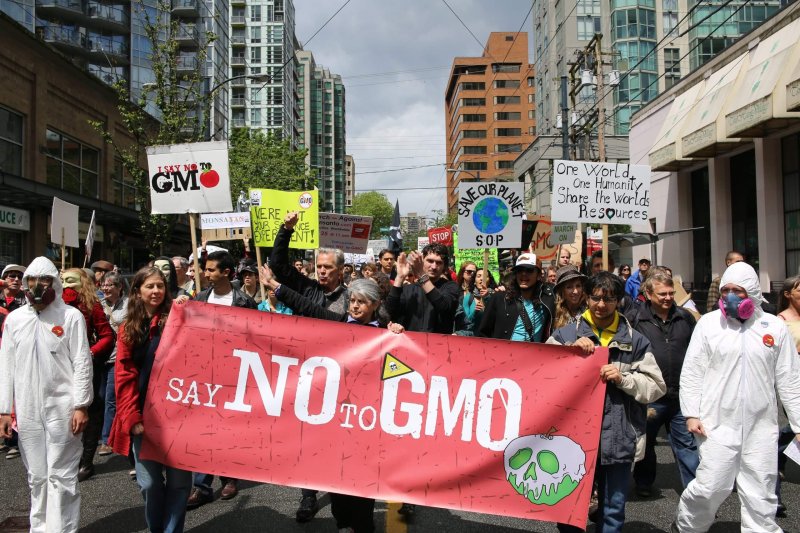Psychologist Michael Siegrist and nutrition scientist Christina Hartmann have compiled research on the psychological and societal factors that influence consumer acceptance of food technologies. According to a 2015 survey of more than 30,000 consumers, the most desirable food attributes are ‘freshness’, ‘naturalness’ and ‘minimal processing’… ‘Many consumers perceive the use of food technologies as contradictory to healthy, nutritious food, which may be a challenge for the industry,’ says Siegrist.
When scaled up, lab-grown meat may offer a more sustainable and animal-friendly alternative to livestock rearing. But, once again, a 2018 survey showed that the public isn’t quite ready for it. Survey respondents had a low understanding of the technology and a low level of acceptance. When the production process was explained to them, it actually reinforced the acceptance of traditionally reared meat.
‘Cultured meat evokes a “disgust” response in many people because it’s perceived as artificial,’ says Siegrist. He adds that evolutionary psychology might help to explain this. ‘Instead of relying only on our immune system to fight infections in our body, our behavioural immune system has evolved to evoke a feeling of disgust or a “neophobic response” to unknown foods that may have harmed us in the past. The very same behavioural constructs may be impacting people’s willingness to accept novel food technologies in the modern day.’
Read the original post































